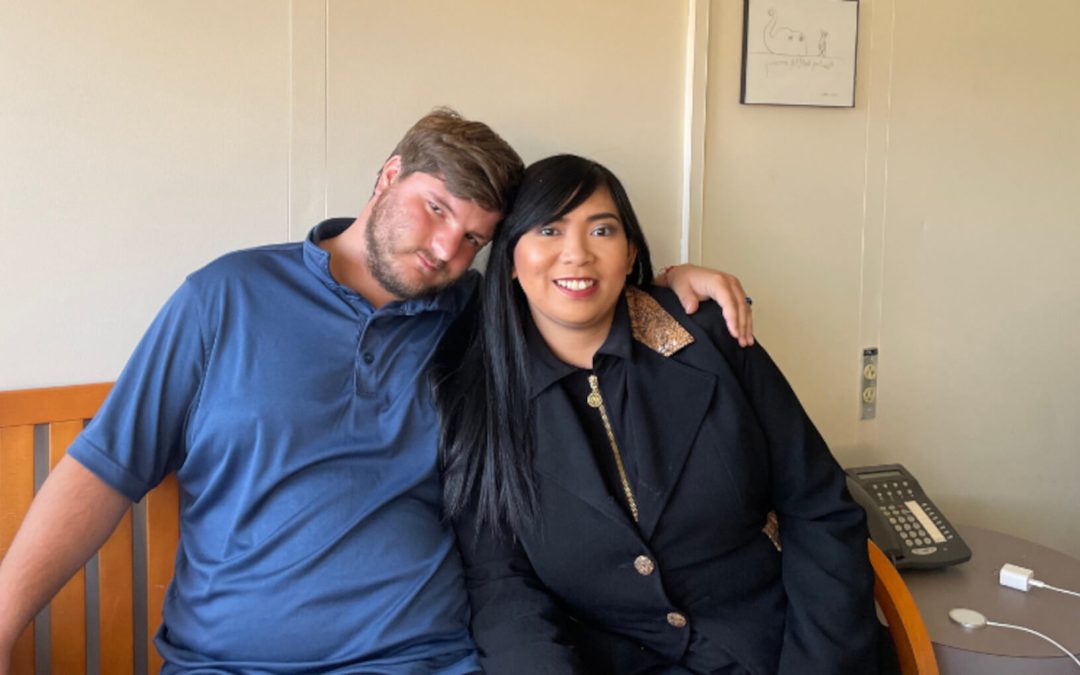This third installment of the “Autism and Independence” series with Josh Miller and Clay Seim covers the experience of taking on education and employment opportunities, experiencing increasing levels of stress/anxiety until burnout, quitting, and then repeating the cycle.

Episode 51: The Wiggles — A Fan’s Tribute
What’s that about fruit salad? Why is Jeff asleep?


0 Comments